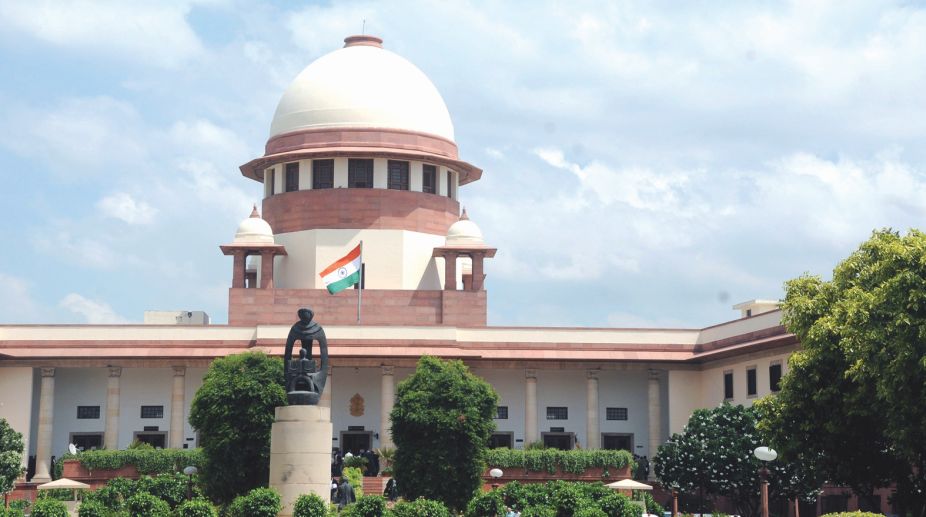India’s Got Latent: SC issues notice on YouTuber Ashish Chanchlani’s plea against FIRs
SC issues notice on YouTuber Ashish Chanchlani’s plea to quash or transfer FIR in India’s Got Latent case; tagged with Ranveer Allahabadia’s petition.

Supreme Court of India (Photo: IANS/File)
The Supreme Court on Monday issued notice to Rajesh and Nupur Talwar on a plea challenging their acquittal in the Aarushi-Hemraj double murder case by the Allahabad High Court. Hemraj was the Talwars’ domestic help.
The apex court has agreed to hear two appeals challenging the acquittal of the dentist couple as the Central Bureau of Investigation, which was in charge of the case and pushed for a death sentence, has approached it and the other petition has been filed by Hemraj’s widow, Khumkula Banjade.
Advertisement
In its appeal to the Supreme Court, the CBI said the clean chit to the Talwars was wrong on “many counts”.
Advertisement
Issuing notice to Talwars, a bench of Justices Ranjan Gogoi and R Banumathi granted leave in the matter which puts the appeal in the queue of cases and may take long before it is actually heard by the court.
The court also granted leave in the appeal filed by CBI as its counsel told the bench that the investigating agency too has moved the court against Allahabad High Court verdict and its petition was pending.
On 12 October last year, a High Court bench of Justices B K Narayana and Justice A K Mishra acquitted the couple by giving them the benefit of doubt.
Aarushi, 14, and Hemraj were found murdered at the Talwars’ Jalvayu Vihar home in Noida on 16 May 2008.
The High Court’s order came on an appeal by the Talwars against a Ghaziabad CBI court’s 26 November 2013, order sentencing them to life imprisonment, bringing an end to the couple’s nine-year ordeal.
After Aarushi was found murdered in her bedroom, Hemraj was initially considered a suspect. However, his body too was found in a pool of blood a day later on the terrace of the house.
The HC, while acquitting the Talwars, had made comments on the CBI trial court judge, saying he had adopted a “partial and parochial approach” in his 2013 judgment to convict the parents for the double murder.
Advertisement